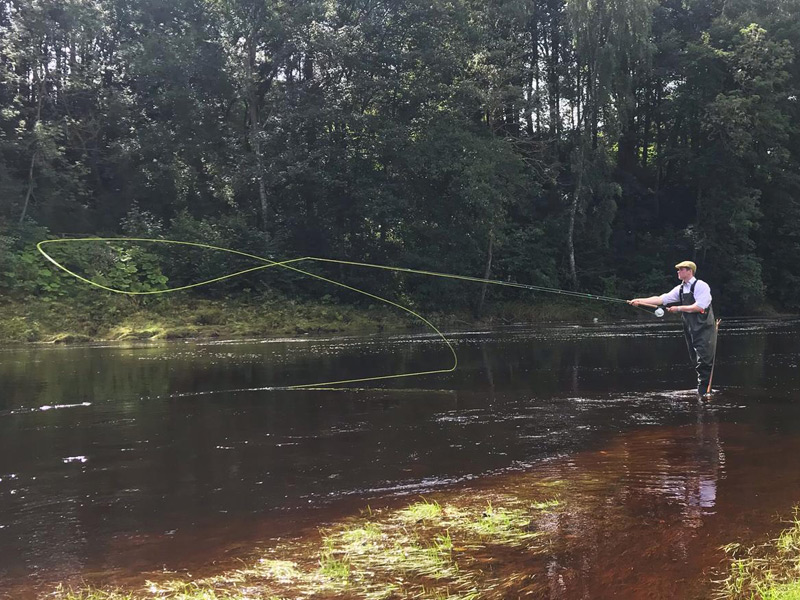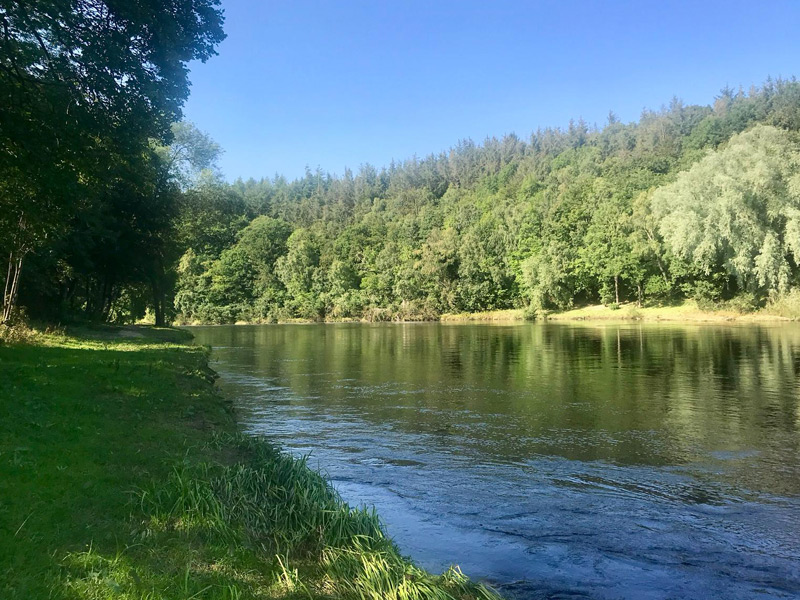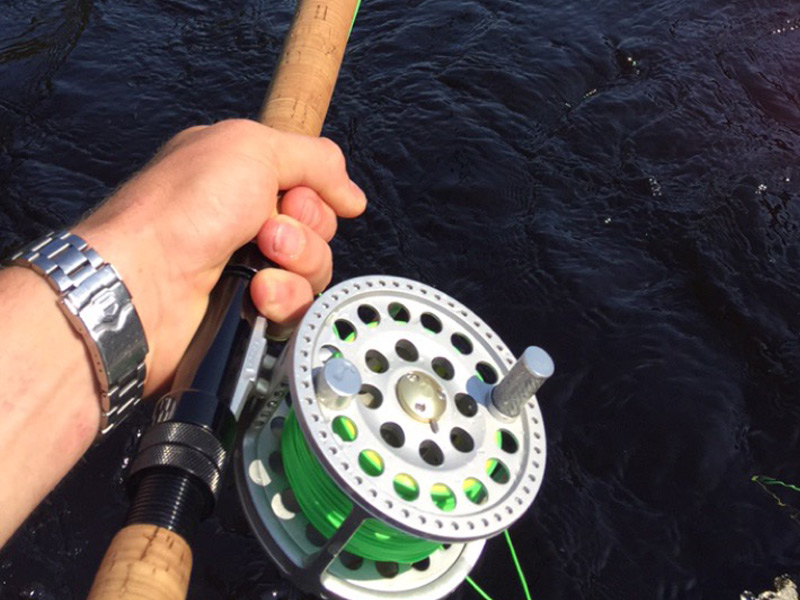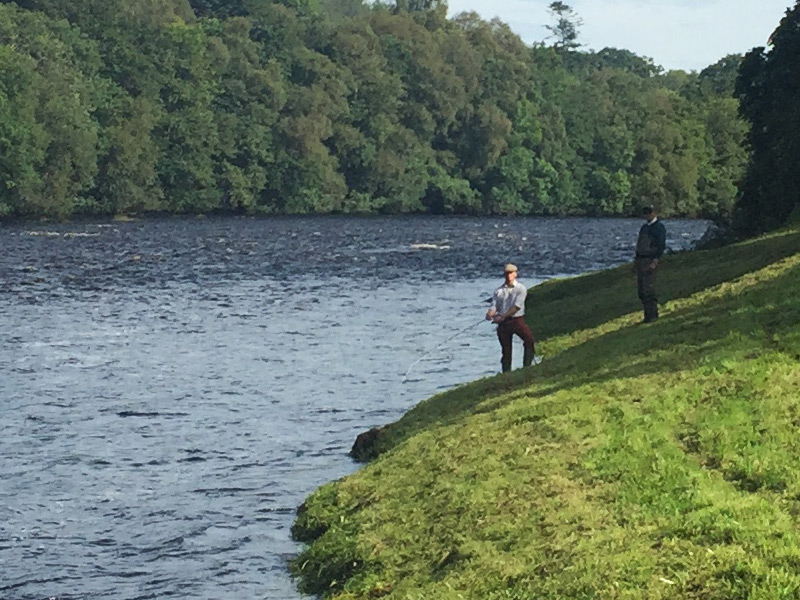Might Salmon benefit from the COVID – 19 lock down?
By Toby Burrell - A 'Friend in the Field'
Amidst the global Coronavirus catastrophe, at a time that we are all pulling together to get through such an extraordinary set of circumstances we look to the future in hope of getting back out to the sports, hobbies and activities that we all love so much. Perhaps now appreciating their existence a little more than before.
All though it is very difficult to find a positive in the current global situation, as an optimistic salmon fisherman I can see a silver-lining. With all rivers closed to the general public, estuary nets temporarily banned and trawlers unable to enter British waters. I certainly hope and strongly believe our wild Atlantic salmon will reap the rewards of peace and very little pressure during these strange times. There is no doubt in my mind that salmon numbers in the UK have taken a major turn for the worst in the past decade and with the wonderful work that groups such as the Atlantic Salmon Trust are doing we are beginning to learn much more about our special species and gaining a better understanding of how to protect them.
How is the Covid-19 affecting salmon? With all rivers in the UK being closed over this period, although frustrating for us fisherman, it has allowed almost a full run on spring salmon to enter our rivers completely untouched which can only be a good thing for the fish. I hope and believe the results of this will mean a healthy breeding season for the fish and a successful hatch rate for the eggs due to the lack of fishing pressure and, although minimal, stress on the fish. More importantly the estuary nets have been removed over the period resulting in 100% of salmon are able to enter their home rivers. This is first for a very long time. Although this lockdown and set of circumstances comes with an undeniable economic catastrophe, we might just be looking at a slightly brighter future for our unique and special species of fish.
However, there are some possible negatives to come from this and they are worth thinking about. But these negatives are all avoidable if we get it right. Firstly, and most importantly, the loss of jobs for those who rely on the fisherman travelling to these rivers, not just the gillies and river keepers but the hotels and pubs that function off fishing tourism. It is so important that those who have booked fishing over this period not to cancel but postpone instead. By doing so you could save jobs and people’s livelihoods. The second point that worries me in these times is the predation on the fish. The river keepers across the country work hard to protect the salmon all year round. With special government permission they keep fish eating predators under control. However, over this period of lockdown the teams have not been able to keep up with their quotas which will result in more predation towards the end of the year. We all know the predation poses a huge problem on wild salmon stocks. Quick maths shows devastating results. The north east coast of UK is believed to be home to 42,000 pairs of Cormorant’s each bird eating an average of 2lbs of fish per day. This means 168,000lbs of fish being eaten per day! A salmon smolt is approximately 15 grams which makes roughly 30 smolts to the pound. This is without mentioning other fish-eating bird species. Will we be able to make up for this lost time later in the year when it comes to predation control? I hope so.
But the light seems to be at the end of the tunnel, and we are moving out of this dark period. I hope we will all be more appreciative of our amazing sports this country has to offer in the coming years or seasons.
Toby Burrell grew up in a very rural part of Northumberland, where he spent much of his time fishing on various north of England and Scottish rivers. Having worked for a number of sporting travel companies in the UK, he has travelled far and wide in pursuit of world class sporting destinations, particularly for fishing.





